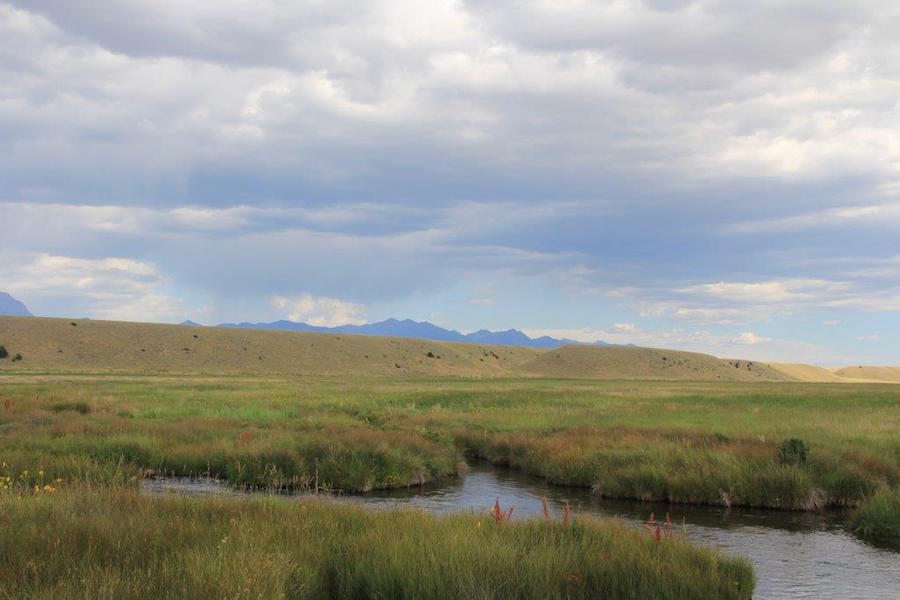According to media reports, EPA Administrator Scott Pruitt has sent his proposed revision of the WOTUS rule—the rule that defines the reach of the federal Clean Water Act—to the White House. The specifics of the revision have not been made public and may not be until the White House signs off. However, the new rule will be narrower than the Obama administration’s rule and is widely expected to track the late Justice Scalia’s interpretation from the Rapanos decision.
Although the specifics of the revision are not public, it is already being criticized. For instance, some are claiming that the reform will “destroy wetland mitigation banking at the federal level.” Supporters of mitigation banking would obviously find this troubling, but it’s not clear how this result would occur.
The basic idea behind mitigation banking is this: rather than imposing strict, burdensome regulations on each individual property, it can be more cost-effective to allow property owners to buy mitigation credits generated from the protection and restoration of mitigations elsewhere. Prices will encourage conservation to occur on land that is more valuable as a wetland and will allow development in areas where that makes more sense.
Wetland banking isn’t a free market panacea, but its more market-friendly than inflexible regulations. Therefore, if WOTUS reform would “destroy” this practice, that would have serious consequences for the environment and property owners.
There are several reasons to doubt this claim, however. First, courts and the Trump administration have blocked the Obama administration’s rule from ever going into effect. Thus, the health of wetland banking today cannot be attributed to that rule and its repeal will have no direct impact.
More importantly, a clearer rule for federal Clean Water Act jurisdiction can be more beneficial for conservation than a vague but broader rule can be. In a 2015 PERC piece, Professor Jonathan Adler explained:
Among other things, the Clean Water Act prohibits the discharge of pollutants, defined to include clean “fill material” such as dirt, in the nation’s waters without a permit, and the WOTUS rule defines waters to include many wetlands. This means that even the most well-intentioned conservationists may need a federal permit to undertake ecological restoration on private land. Why does this matter? Because obtaining such permits can be costly and time-consuming—and failure to comply can bring criminal penalties. And as has been shown in the context of endangered species, excessively punitive regulations can discourage voluntary conservation on private land.
To the extent that the new WOTUS rule subjects private conservation efforts to federal regulatory control, it may discourage private conservation. There are more than 100 million acres of wetlands in the United States, and approximately three-fourths of these are on private land. This means that insofar as federal regulatory efforts discourage private conservation, they can have significant, unintended consequences. The unrestrained expansion of regulatory jurisdiction may be good for federal agencies, but it’s not always good for conservation.
Not only will a clear rule aid conservationists working to restore wetlands but it will also make it easier for property owners to determine whether their actions will require mitigation. A vague rule gives insufficient guidance to property owners to allow them to avoid adverse impacts to the environment. Clear rules are better for both because they allow for regulation to play its role while also allowing compromise and negotiation to fill it’s proper role.
Conservation groups and state and local governments cannot know where their efforts are most needed if they do not know where federal regulatory authority ends and the need for additional efforts begins.




